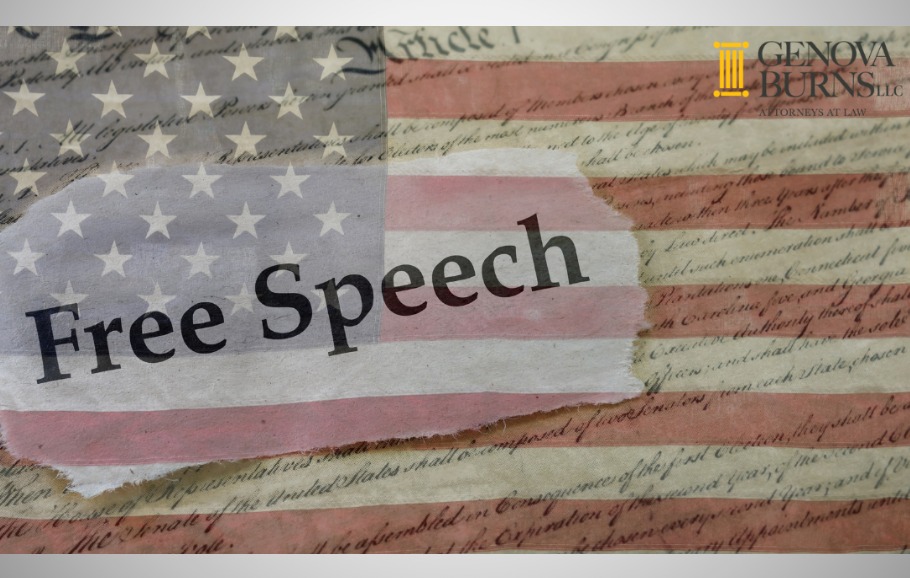Fourth Circuit Issues Guidance On Employer Speech During Organizing Campaigns
June 23, 2025 | By: Edward J. Bonett, Jr., Esq.
A recent Fourth Circuit Court of Appeals three-judge panel enforced part and declined to enforce another part of an NLRB ruling that an employer violated the National Labor Relations Act by telling employees that the union’s claim that it would have a say on pay increases was untrue and blaming the union for the lack of pay raises. The court’s analysis provides important guidance for employers on permissible speech during a union organizing campaign. In brief, the court strongly reaffirmed the free speech rights of employers to oppose unionization so long as the speech is not objectively coercive of Section 7 rights. Garten Trucking v. NLRB (June 2, 2025).
During a campaign by the Western Pulp and Paper Workers to organize Garten’s employees, the union posted a flyer touting its ability to win raises for all employees. Garten’s owner took offense to the union’s characterization and responded with a post to employees on an internal message board calling the union’s claim to have anything to do with pay raises a lie, referring to two union organizers as idiots, and vowing to keep the union out of his company. He added, “As a matter of fact if it wasn’t for them trying to steal money out of your paychecks you would already have your raises.” The Board and the court found this last sentence unlawful because it suggested that protected union activity was the reason for withholding pay, a coercive quid pro quo. However, the court found that the other parts of the employer post were lawful and endorsed comparatively aggressive employer speech.
Equating the history and values of the First Amendment free speech guarantee to employer speech during union campaigns, the court pronounced, “The very nature of democratic governance in labor systems requires that employers be free to communicate their positions.” Further, the court explained, “Congress relied upon the same concerns for public discourse and an informed voting base that our Founders and the Court invoked in protecting campaign speech generally.” Lawful speech includes speech that is “coarse,” “brusque” and of a “combative tone.” To conclude otherwise, ruled the court, would “make speech during a union organizing campaign a one-sided affair.” In particular, the court found no violation in Garten’s rebutting the union’s claim to be involved in determining raises, or by stating its belief that employees are better off without the union. The court remarked, “This is a valid position to take, one which employees are entitled to hear, and one which gives them worthwhile and useful information on which to base their votes.” However, by implying that union efforts “previously impacted wages and that future organizing activity would have the same negative effect,” the employer crossed the line into coercive, unlawful speech.
This decision comes in the context of NLRB decisions and guidance memos during the previous Administration that curtailed employer speech during campaigns. In addition, some recently enacted state statutes requiring labor peace agreements or neutrality agreements that silence employer opposition to unions or prohibiting captive audience meetings have narrowed the bounds of permitted employer speech. Notwithstanding the court’s finding of an employer violation, employers may cheer this decision for its ringing support of speech opposing unions. At least in the Fourth Circuit, the path is open to more employer speech, not less.
Should you have any questions, please contact Partner Edward J. Bonett, Jr., Esq. at 908.546.6991 or via email here, or any Partner in our firm’s Labor Law Practice Group.
Tags: Genova Burns LLC • Edward J. Bonett, Jr. • Labor Law • Employment Law & Litigation • NLRB • National Labor Relations Act • First Amendment • Free Speech • Section 7 • Unions


